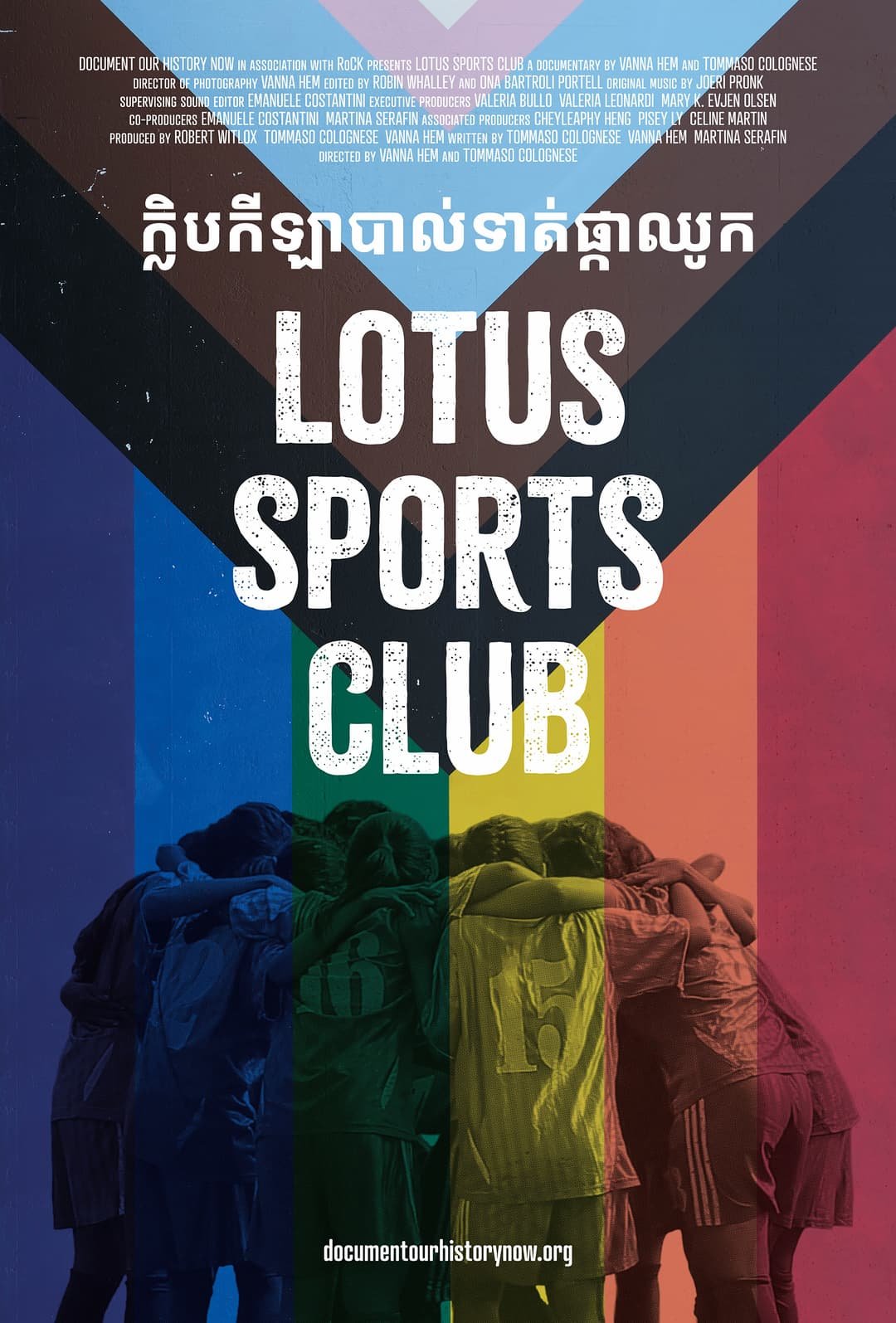Lili
Prisen
Vores Lili Pris er opkaldt efter den danske, transkønnede kunstner Lili Elbe, der var blandt de første personer i den registrerede vestlige trans*historie, der gennemgik kønsbekræftende behandling i 1930. Lili Prisen tildeles bemærkelsesværdige film i deres kategori, som udfordrer eksisterende normer for seksualitet og køn. Disse film bliver nomineret af MIX’s programlæggere og udvalgt af vores internationale jury.
Jury
Darunee Terdtoonta veedej
Darunee Terdtoontaveedej, curator and programmer, highlights alternative (his)stories, creative practices, and cinema. She co-founded Non Native Native, exploring Asian creativity in the Netherlands through the lens of outsiders from within. She programmed at CinemAsia, IFFR, Sinema Transtopia, Objectifs, SGIFF, and served as a jury member at Teddy Award at the Berlinale.
Jemma Desai
Jemma Desai, forfatter og underviser bosat i London, udforsker film gennem forskning, skrivning og optræden. Hun har arbejdet med BFI og BC, var medforperson for LUX, tovholder for programlægning ved Berwick FMAF 2021 og er medlem af Blackstar FF-programudvalget.
Natasha Thembiso Ruwona
Natasha Thembiso Ruwona er kunstner, forsker og kurator-programmerer-producer med base i Skotland og London. Hendes seneste projekter omfatter samarbejde med ID.Y CIC, Fringe of Colour Films, BUZZCUT Festival og Rhubaba Gallery & Studios. Hendes filmprogrammering og -skrivning fokuserer på kortfilm, levende billeder og dokumentarfilm.
Max Skændsel
Max Disgrace er forfatter-instruktør og transmand af kinesisk afstamning. Max’ arbejde fokuserer på queer begær og seksuelle intimiteter og bevæger sig inden for områder af frækhed, legesyghed, modstand, sensualitet, læder og nydelse. “Dismantle Me” er medproduceret af Lilly Wachowski og et samarbejde med filmskaber direktion: Trans+ On Screen.
Banafshe Hourmazdi
Med en stærk akademisk baggrund i skuespil og roste roller inden for teater, tv og især filmen “Futur Drei”, der modtog talrige internationale priser, fortsætter Banafshe Hourmazdis arbejde i branchen med at vise hendes udvikling og alsidige talent.
Nominerede:
Bedste film
🏆 A Place Of Our Own 🏆
Opponent
Power Alley
The Lost Boys
Nominerede:
Bedste dokumentar
100 Ways To Cross The Border
Lotus Sports Club
Orlando, My Political Biography
🏆 Who I Am Not 🏆
Nominerede:
Bedste kortfilm
Chavo
🏆 Dipped In Black 🏆
Neo Nahda
The Shift
Jury's statement on the winners:
🏆 A Place of Our Own 🏆
“We were impressed by the complexity of this film which hinges on a seemingly simple plot of two trans women’s search for a home. Starting from a place of housing injustice the film’s narrative expands into a sequence of events of structural violence towards them, which they navigate through resilience and struggle as well as grace, acerbic dismissal and razor sharp wit. Embodying queer collectivity and community making in the collective nature of its filmmaking, and drawing attention to trans women’s voices in the global south this felt like anti colonial queer world making which we gestures to pathways for new ways of making home and making films for us all.”
🏆 Who I Am Not 🏆
“We were struck by the layers of this film which moves beyond the pure observation of the personal stories of its protagonists. Building a relationship with Sharon-Rose Khumalo and Dimakatso Sebidi over the course of the film, we observed how the filmmaking process centred the agency of their representation, whilst also deftly taking in the role of how policing of bodily norms affects our intimate networks, community and media, social norms and historical forces and has the power to make and unmake the differences and connections between us all.”
🏆 Dipped In Black 🏆
“We were drawn to this centring of queer aboriginal voices that conjoins its communities’ connections to land, spirit, mystery and soul in its aesthetic choices. Both courageous and joyful, this is a film that serves as a reminder of how the possibilities of aboriginal queer life have been bordered and limited by the colonial imaginary and can be expanded by a queer one. The film is particularly urgent in the current context following the referendum last week, which rejected the recognition of aboriginal voices in Australian policy making.”

















